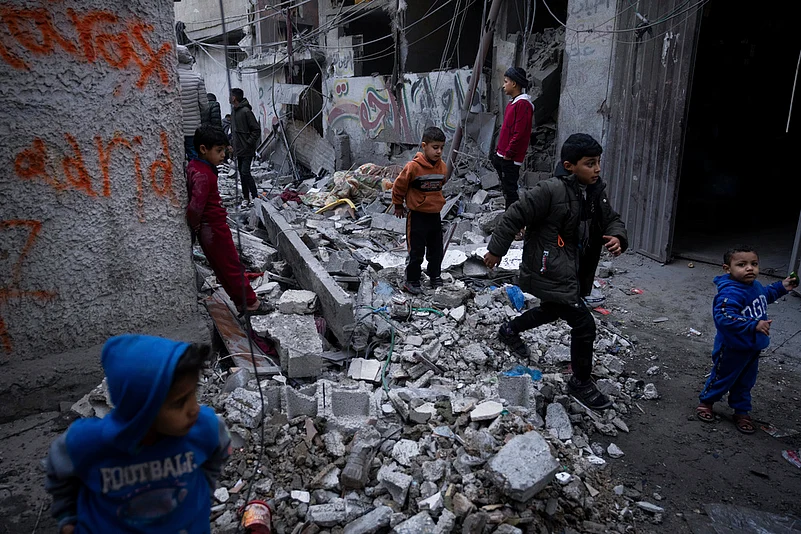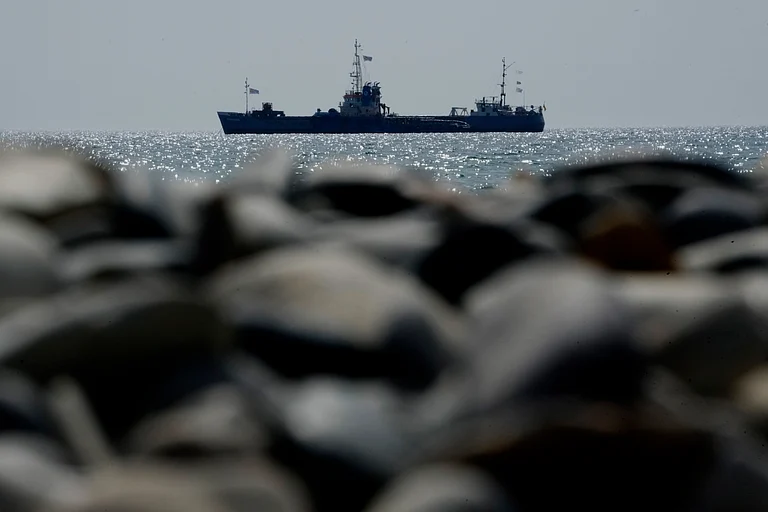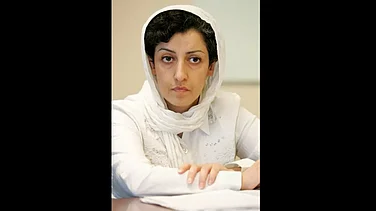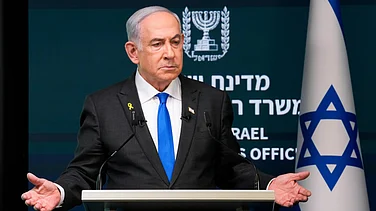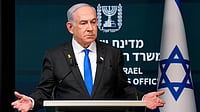As the devastating war rages on in Gaza for the fourth month, Qatar and France have brokered a deal with Israel and Hamas, to deliver urgent medication to some 45 Israeli hostages held by the group in Gaza, in return for humanitarian and medical aid for the most vulnerable Palestinians.
The two countries said the aid would leave Qatar for Egypt on Wednesday before being taken across the Rafah Border Crossing -- the only entry point through which aid can each Gaza.
This is the first aid to enter Gaza since the truce between the two countries ended on December 1.
What are the details of the deal?
For every box provided for the Israeli hostages, 1,000 boxes would be sent in for Palestinians, a senior Hamas official told AP. The deal also includes the delivery of humanitarian aid to residents of the besieged coastal enclave.
At least 150 types of medicines have been purchased by Qatar from France for the Israeli captives. The delivery of the medicines on the ground will be coordinated through the International Committee of the Red Cross under Qatari supervision. Once it crosses the border into Gaza it will be handed over to Hamas.
Earlier, Philippe Lalliot, head of France’s Ministry of Foreign Affairs Crisis Centre, which organises aid efforts, said negotiations had been going on for weeks and the initial idea had come from the families of some of the Israeli captives.
According to a report by Al Jazeera, Paris said it took months to organise the supply of the medicines. The medicines for chronic illnesses and other vitamins are expected to last for around three months.
Would this aid be enough?
Currently, every single person in Gaza is hungry, according to UN human rights experts. Activits and human rights organisation have repeatedly noted that the the amount of aid being delivered into the region is not enough for the 2.3 million Palestinians living in the region.
The ongoing escalation of war comes against the backdrop of a 17-year Israeli blockade. Israel has further imposed a “total siege” on Gaza since October 2023 depriving Palestinians of water, food, fuel, medicine, and medical supplies.
While the majority of aid distribution is concentrated in the southern region, since 1 January, only 21 per cent (5 out of 24) of planned deliveries of aid containing food and other lifesaving supplies reached their destination in the north of Wadi Gaza.
The World Health Organisation too has noted that while the United Nations, international aid agencies and non-governmental organizations have so far managed to deliver limited humanitarian assistance, the quantities fall far short of what is needed to prevent a deadly combination of hunger, malnutrition, and disease.






